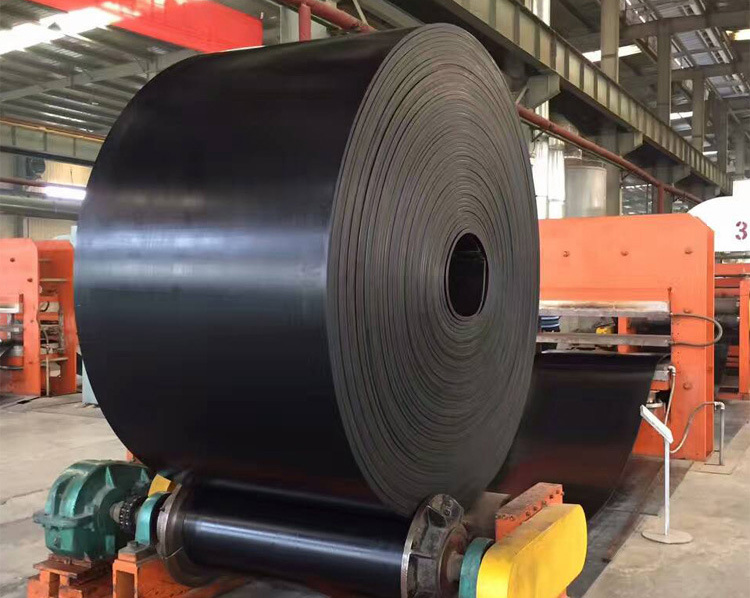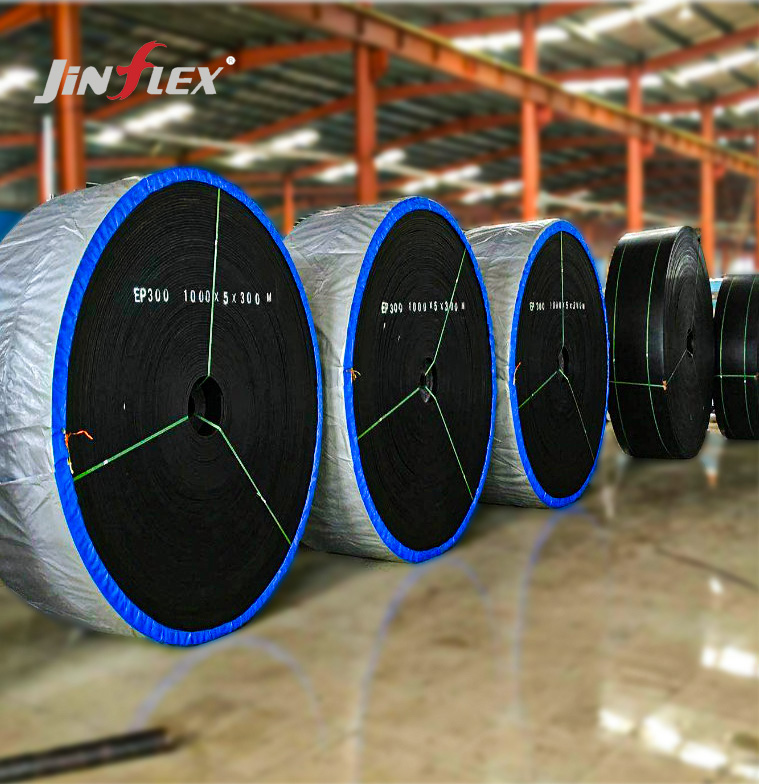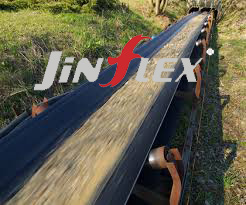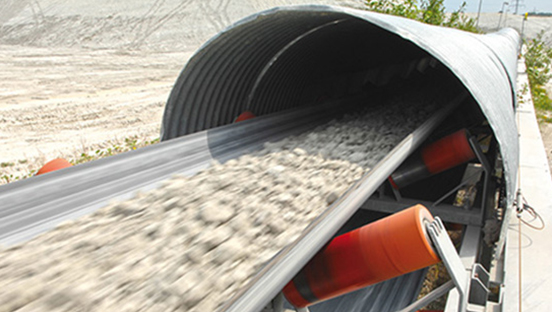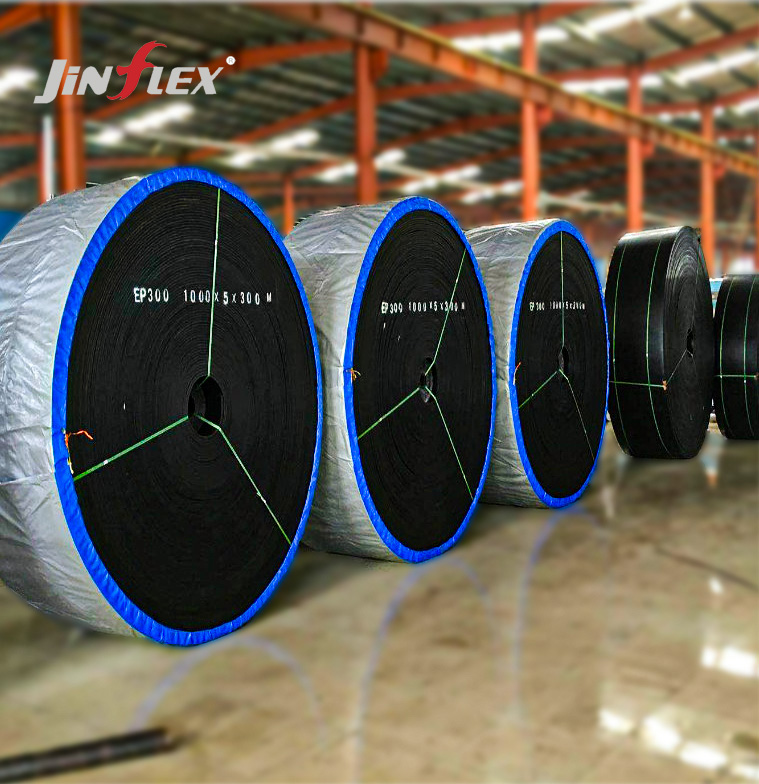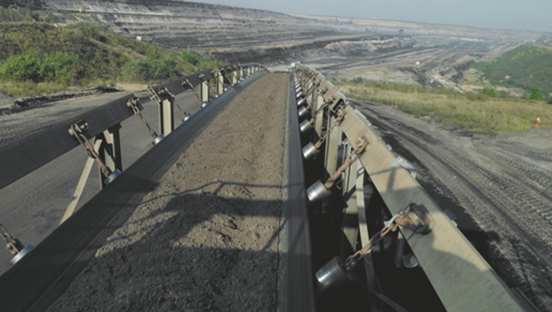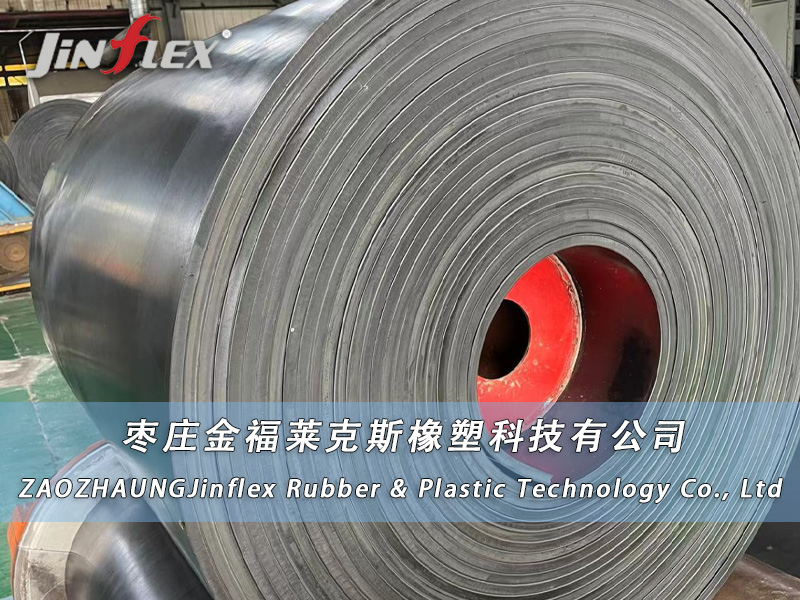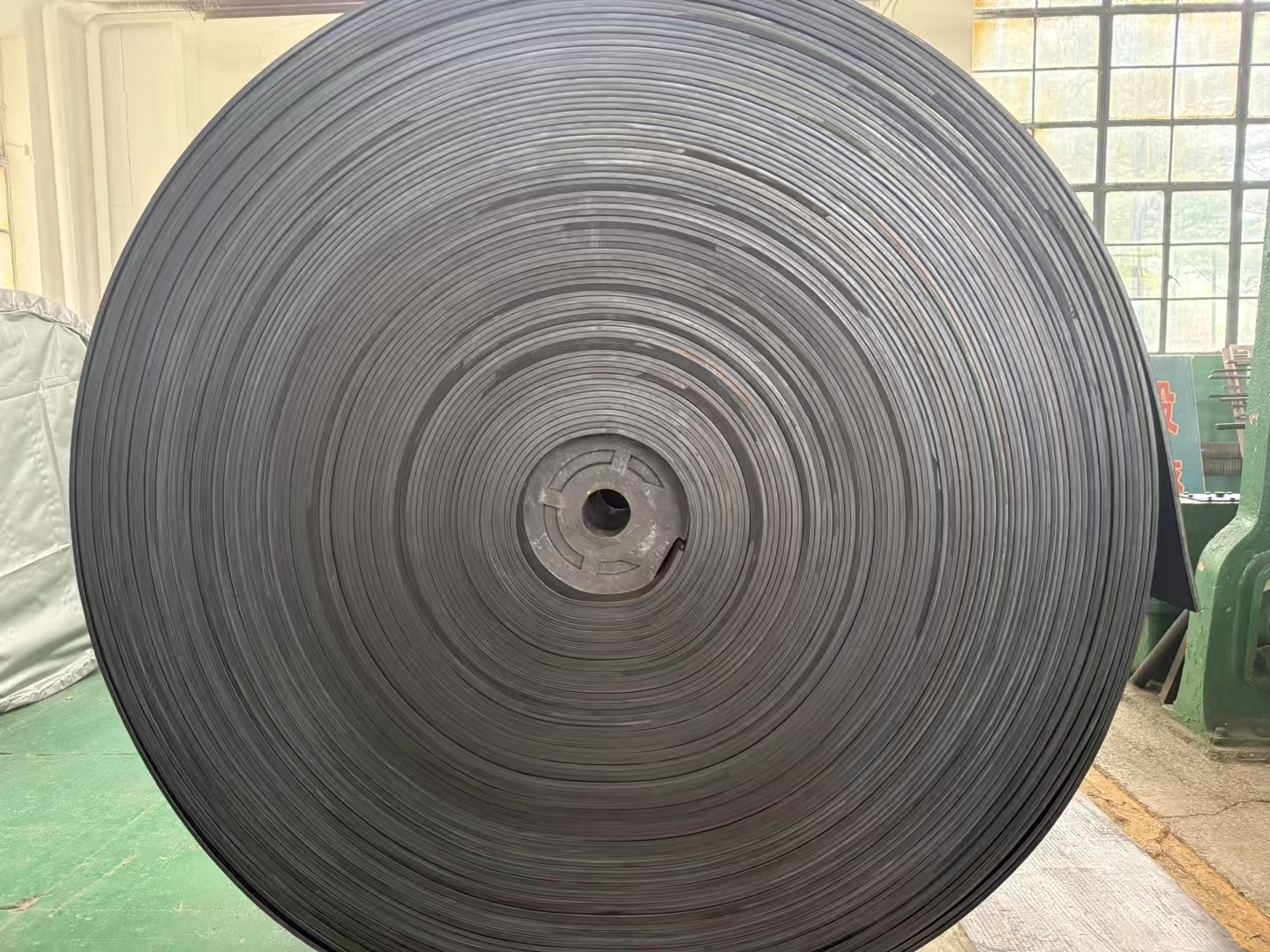How to choose a conveyor belt
Choosing a conveyor belt is a process that requires comprehensive
consideration of multiple factors. The correct choice can not only
improve production efficiency, but also extend the service life of
equipment and reduce maintenance costs. The following are the main
factors to consider when selecting a transmission belt:
Material
type: First consider the type of material that needs to be transported.
Different materials have different requiraents for conveyor belts. For
example, powder, granular, block, or sheet materials have different
requiraents for the material and structure of the conveyor belt.
The
weight of materials: The weight of materials directly affects the
carrying capacity requiraents of the conveyor belt. Heavy materials
require the selection of conveyor belts with h3er load-bearing capacity.
Conveying
distance and speed: Long distance conveying requires high durability of
the conveyor belt, and the transmission speed also affects the
selection. For example, high-speed running conveyor belts need to have
better stability and wear resistance.
Working environment
conditions: including taperature, humidity, presence of corrosive or
abrasive substances, etc. Transport belts operating in high taperature
or corrosive environments require the selection of materials that are
resistant to high taperature and corrosion.
Guidance and
flexibility: Based on the complexity of the conveying path, choose a
conveyor belt with certain guidance and flexibility to meet special
needs such as turning.
Maintenance and cost: Consider the
maintenance convenience and overall cost of the conveyor belt. Although
high-quality transmission belts may have a higher initial investment, in
the long run they may be more economical due to low maintenance costs
and long service life.
Security: Ensure that the selected
conveyor belt meets relevant safety standards and requiraents,
especially in industries such as food processing and pharmaceuticals.
Supplier's
technical support and service: Choosing a supplier that can provide
good technical support and after-sales service is also very important.
Based
on the above factors, you can preliminarily screen and compare the
performance and cost of different transmission belts, and then find the
most suitable transmission belt type for your application scenario. In
addition, consulting professionals or suppliers to obtain their advice
and solutions is also a very effective method of choice.

